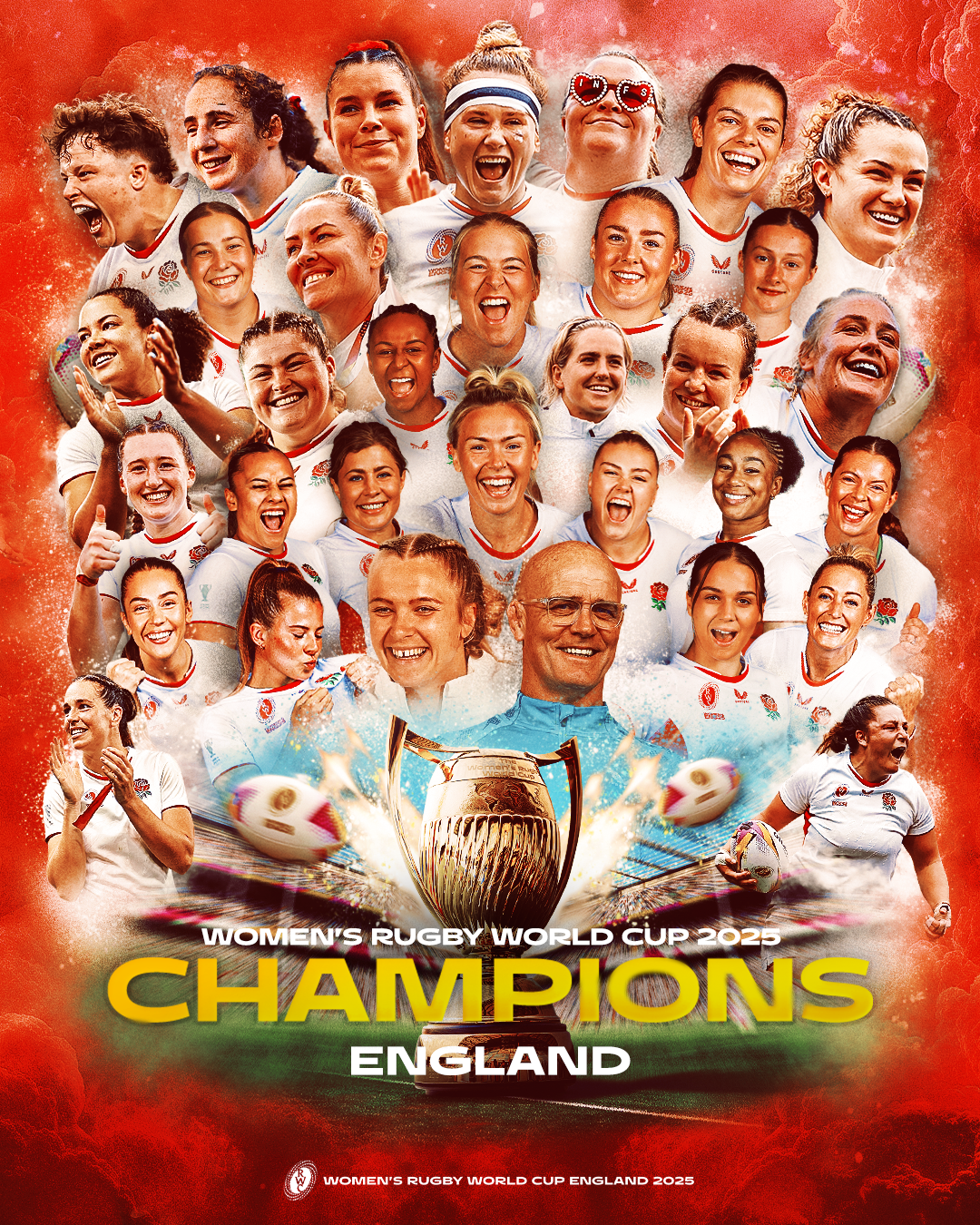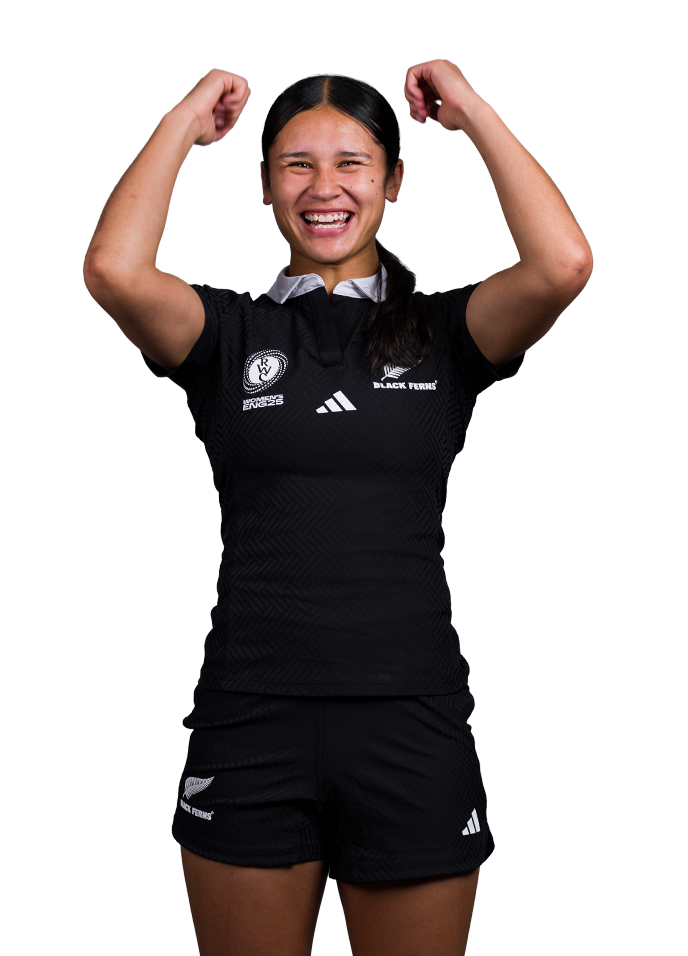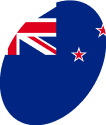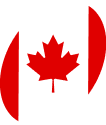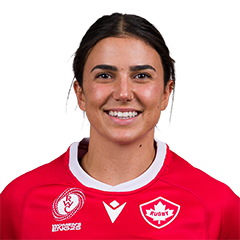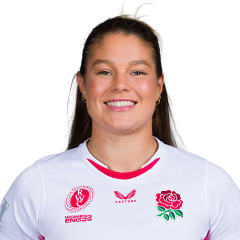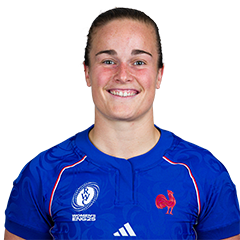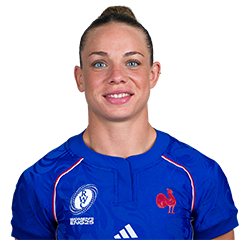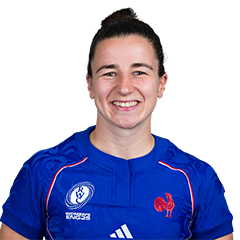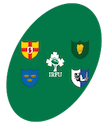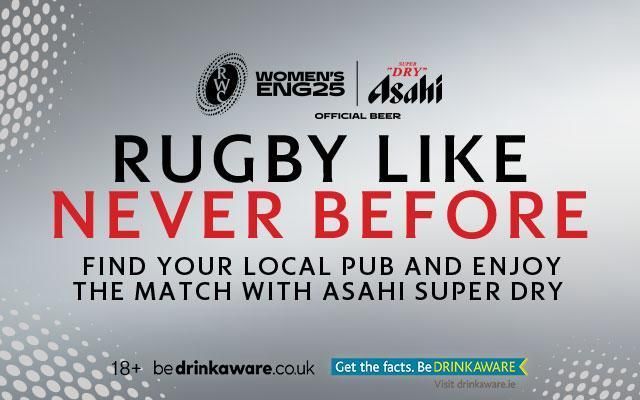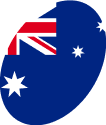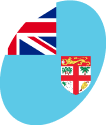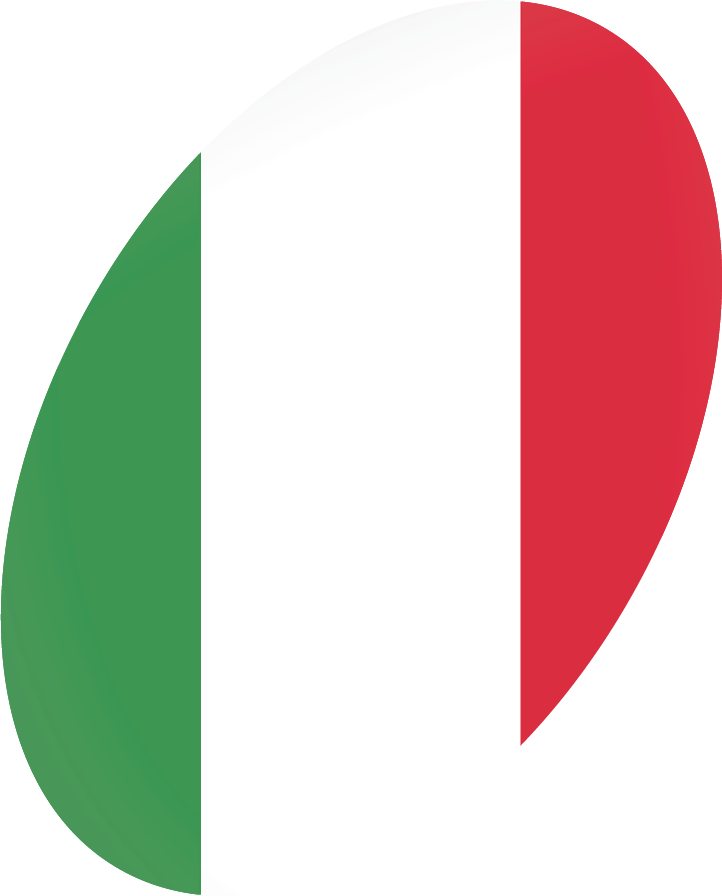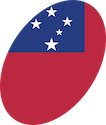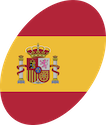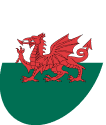-
Things get WEIRD as we hand out the REAL Rugby World Cup awards | Official Rugby World Cup 2025 Pod
-
Canada v England | Rugby World Cup 2025 | Highlights
-
New Zealand v France | Rugby World Cup 2025 | Highlights
-
France v England | Rugby World Cup 2025 | Highlights
-
New Zealand v Canada | Rugby World Cup 2025 | Highlights
-
England vs Scotland | Rugby World Cup 2025 | Highlights
-
France v Ireland | Rugby World Cup 2025 | Highlights
-
Canada v Australia | Rugby World Cup 2025 | Highlights
-
New Zealand v South Africa | Rugby World Cup 2025 | Highlights
-
France v South Africa | Rugby World Cup 2025 | Highlights
-
Things get WEIRD as we hand out the REAL Rugby World Cup awards | Official Rugby World Cup 2025 Pod
-
Canada v England | Rugby World Cup 2025 | Highlights
-
New Zealand v France | Rugby World Cup 2025 | Highlights
-
France v England | Rugby World Cup 2025 | Highlights
-
New Zealand v Canada | Rugby World Cup 2025 | Highlights
-
England vs Scotland | Rugby World Cup 2025 | Highlights
-
France v Ireland | Rugby World Cup 2025 | Highlights
-
Canada v Australia | Rugby World Cup 2025 | Highlights
-
New Zealand v South Africa | Rugby World Cup 2025 | Highlights
-
France v South Africa | Rugby World Cup 2025 | Highlights



